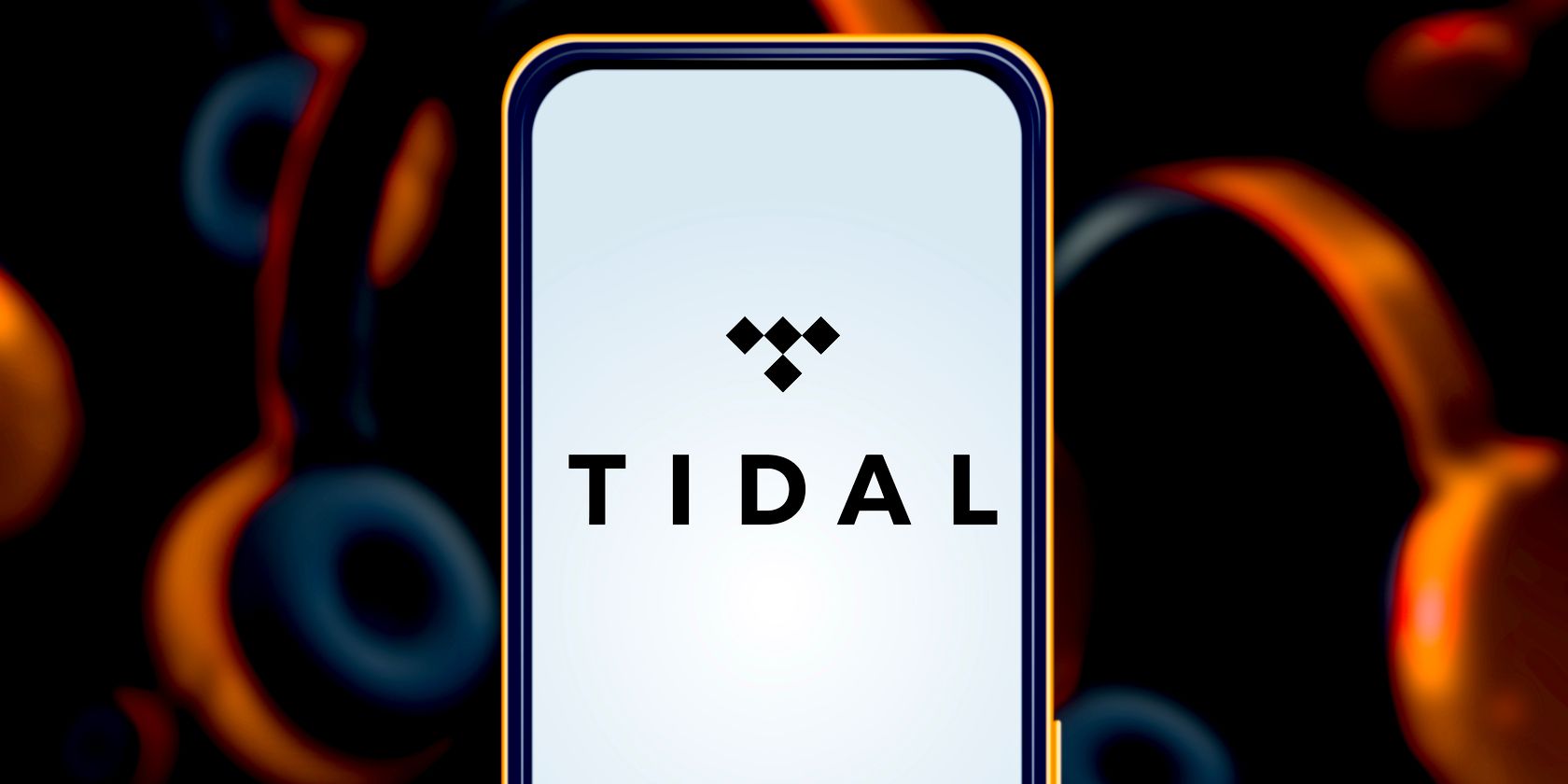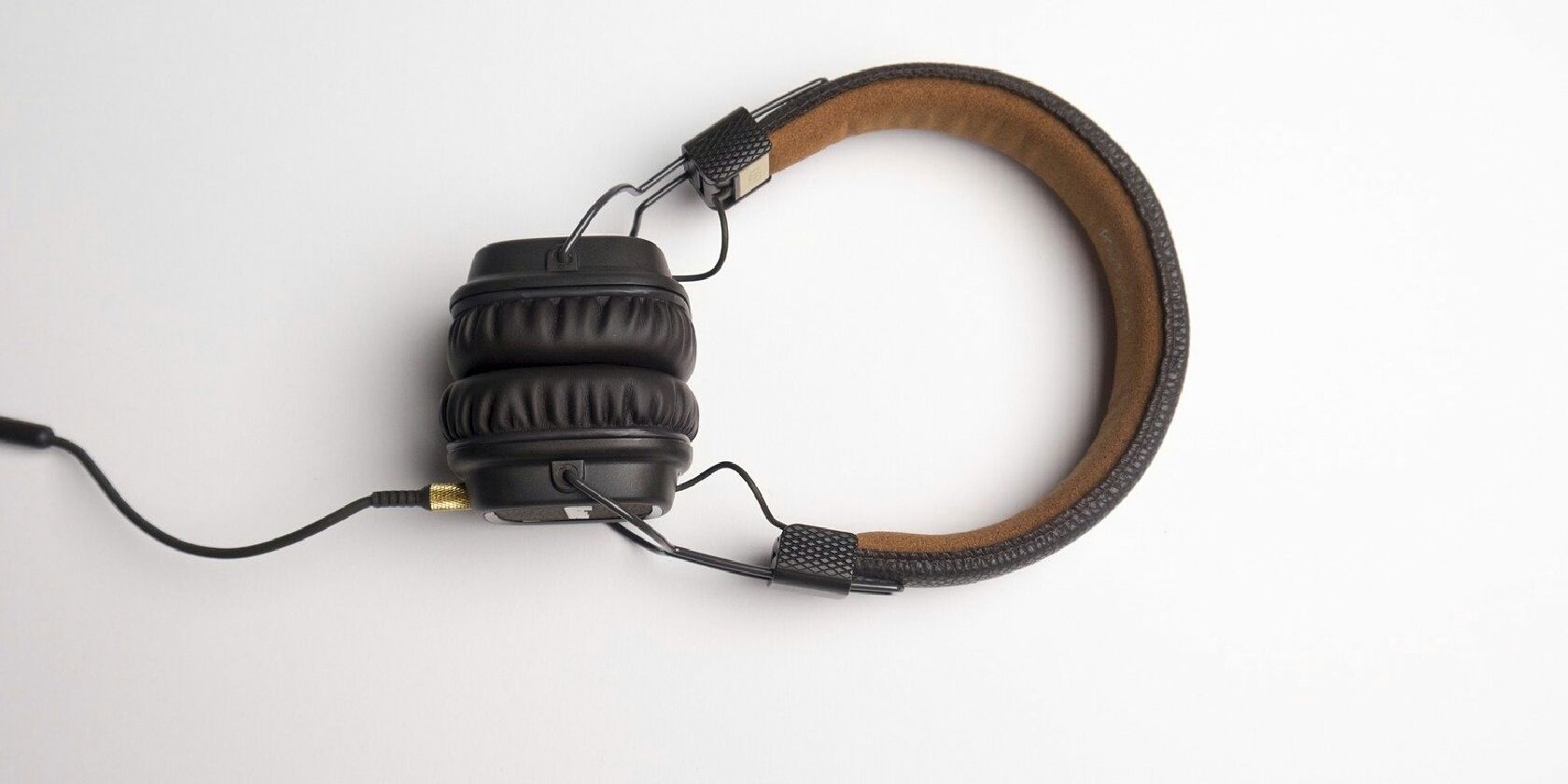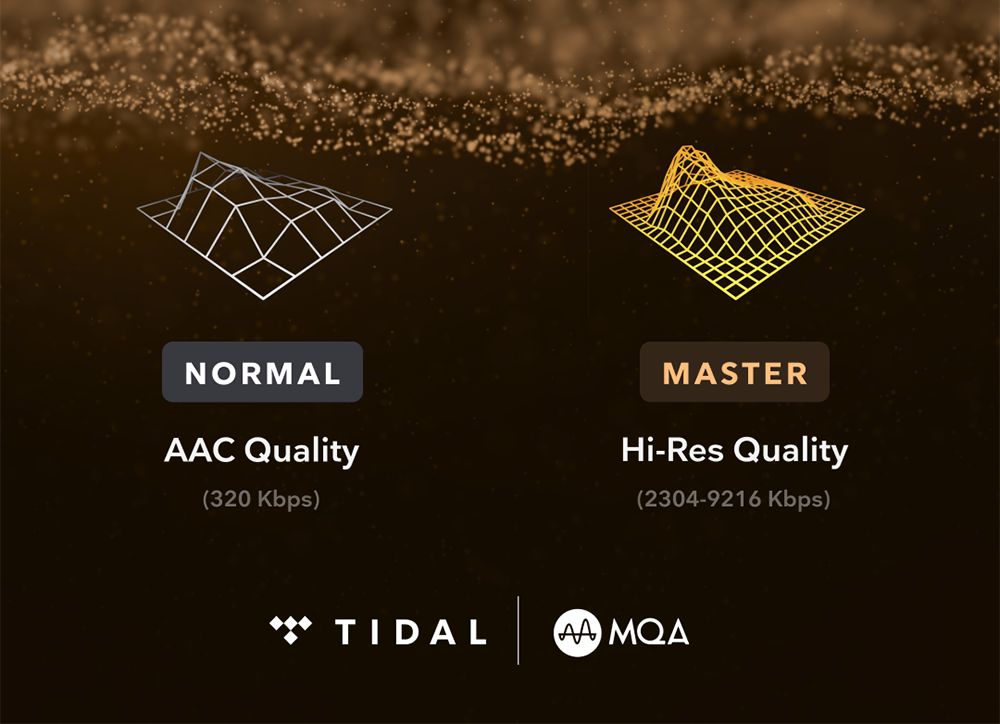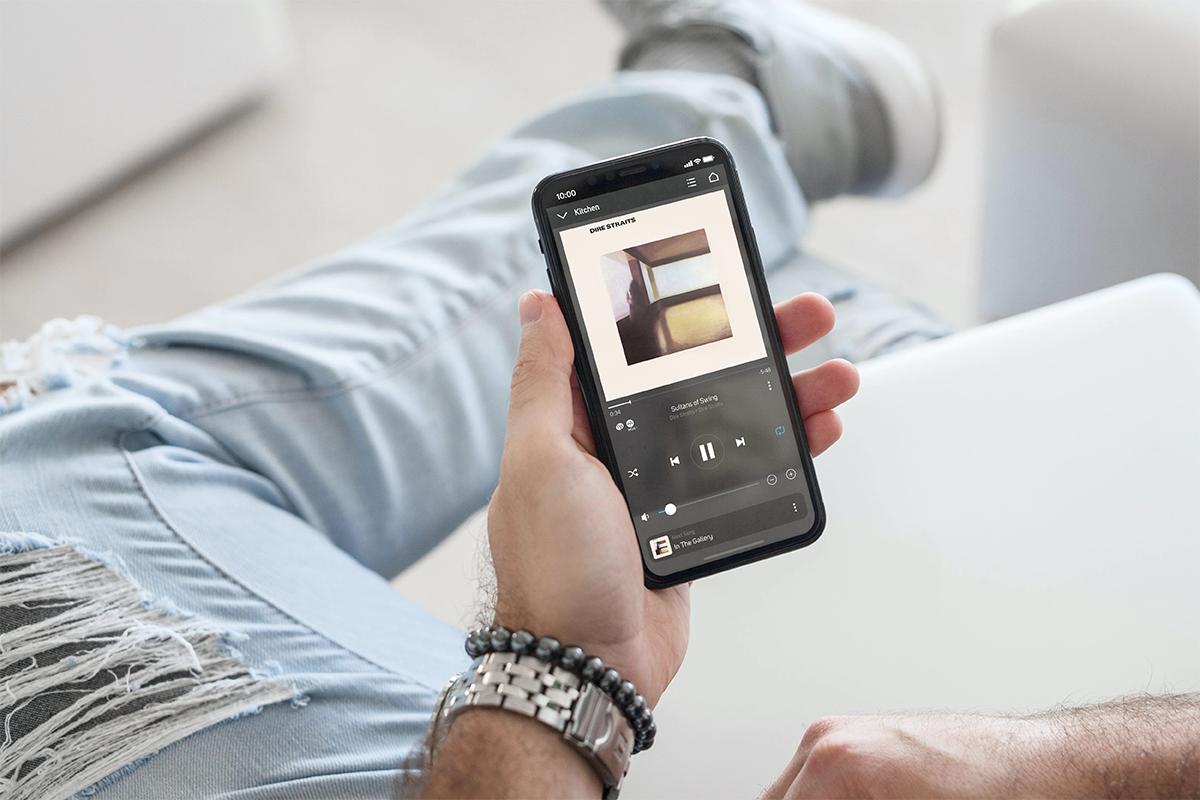If you care about the audio quality of the music you listen to, you will likely come across hi-res audio formats such as FLAC, WAV, and AAC. Streaming services are now beginning to offer these hi-res audio options to people who have the necessary audio gear to take advantage of them.
TIDAL Masters is TIDAL's version of hi-res audio delivery. It offers tracks in an MQA audio format, but the format is quite controversial.
Let's learn a bit more about TIDAL Masters, how MQA differs from other hi-res audio options, and why it's so controversial.
What Is TIDAL MQA?
TIDAL Masters, also known as TIDAL MQA, is a program that allows you to stream Master Quality Authenticated (MQA) tunes. These tunes are hi-res with better than CD quality sound.
MQA is a program that authenticates and delivers master recordings straight from the artist to the listener. The program includes an audio format to package the sound and a set of technologies to compress and decompress the package without reducing the original quality.
Unlike other hi-res audio formats, MQA isn't an audio format applied at the end of the production process. Instead, MQA is incorporated in the studio setup. So, an artist can preview an MQA tune and make sure that it sounds as intended.
After the artist has authenticated the tune, the MQA audio file is then delivered to streaming services like TIDAL for playback.
TIDAL claims that tunes in its Masters program are up to 24 bit/352kHz. A standard CD-quality audio file is 16 bit/44.1kHz. However, you won't always get the full 352kHz signal as the actual resolution of the tune depends upon the source.
How Does MQA Work?
As we've mentioned, MQA is more than an audio format. It is a complete authentication system, packaging, and delivering audio straight from the studio to the listener.
When an artist creates a studio recording and packages it inside an MQA file, the tune undergoes what MQA calls "folding." While not completely accurate, you can understand folding to be a term for lossy compression to reduce the size of the master recording.
If you wish to play an MQA file, you need a piece of software or hardware with an MQA Core Decoder built-in. The TIDAL app has the Core Decoder, so it can unfold an MQA file.
When you play an MQA song from TIDAL Masters, the app performs the first unfold of the tune. The first unfold reveals better-than-CD quality audio recording. The result of the first unfold is an 88.2kHz or 96kHz audio file.
Going one step further, if you have access to a Digital to Analogue Converter (DAC) or headphones with an MQA Renderer, you can unfold the core signal from TIDAL further to uncover the pristine master recording with resolution as high as 352kHz.
Finally, you can get an external DAC with an MQA Full Decoder if you have the resources. Such a DAC can fully unfold an MQA file and reveal what the artist created in the studio.
MQA uses a lot of technical jargon to describe the MQA audio format and the accompanying set of technologies, and it can get confusing fast.
In simple terms, a music file created in the studio is packaged in an MQA audio format which is then decoded by specialized software/hardware to reveal audio that sounds better than CD quality.
What Is the Difference Between TIDAL MQA and Hi-Fi Quality?
MQA is not TIDAL's first high-quality audio format. The streaming service also offers Hi-Fi quality songs. The key difference between the two is that the Hi-Fi quality delivers tunes without any compression at CD-quality, 44.1kHz, and MQA offers audio representative of the original source.
Compared to Hi-Fi quality, you can stream TIDAL Masters titles at up to 192kHz.
Next, Hi-Fi quality audio is lossless. In other words, there are supposedly no compression artifacts. However, MQA tracks are lossy because of the folding that the tracks undergo.
Advantages of Using TIDAL MQA
MQA tracks on TIDAL aren't available with the regular Hi-Fi subscription. You have to subscribe to TIDAL HiFi Plus to access MQA tunes. Let's look if the advantages offered by MQA are worth the premium that TIDAL is demanding for it.
The first advantage of using MQA is the significant bump in audio quality compared to regular CD-quality audio. MQA's promise of music playback just the way the artist intended makes MQA stand out from other hi-res audio formats.
Next, MQA formatted files are almost half the size of normal FLAC files of the same resolution. This is the chief reason to go with MQA compared to FLAC or WAV.
Finally, according to MQA, the benefits of MQA can be enjoyed by anyone, even people who don't have access to audiophile-grade gear. This is because of the absence of time smearing. Time smearing refers to the delay between the arrival of notes to the ear. The more the delay, the less precise the soundscape.
Simply put, with reduced time smearing, listeners get a better stereo experience as they can pinpoint instrument placements, resulting in more immersion.
Why Is TIDAL MQA Controversial?
TIDAL Masters is just a service that delivers MQA tunes to listeners. The real controversy lies with the MQA audio format itself.
The controversy surrounding MQA has two key fronts. The first is that MQA's claim of noticeably better audio quality over CD quality is misleading. Second, MQA is a worse alternative to open-source audio formats like FLAC.
The controversy surrounding MQA's audio improvements or lack thereof is complicated. While some users swear by the format and its ability to deliver pristine master recordings, others argue that the format actually degrades quality.
For instance, in a detailed audio analysis of MQA, YouTuber GoldenSound published a song on TIDAL Masters and analyzed the format in detail. As you'll see in the video below, the conclusion is critical of the way MQA handles sound.
Finally, as many people have noted in audiophile circles, MQA sets a bad precedent for the industry as it is closed-source. Anyone who wants to use the format has to pay a licensing fee. Even if we assume that MQA carries all the advantages that the company wants us to believe, locking the tech behind a licensing fee is bad, especially when competing formats deliver the same functionality free of cost.
So, while MQA is steadily progressing, the format is far from a challenge to open-source, hi-res formats like FLAC and WAV.
Choose MQA If You Can Pick Up on Minute Difference in Audio Detail
Amidst the talk of lossless and lossy, hi-res and CD quality, we often forget to ask the real question:
Do the hi-res audio options like MQA really make a difference?
As unambitious as it may sound, the answer is: it depends. If you've got high-end audio equipment, you may be able to pick up on the increased audio fidelity that hi-res formats offer. On the other hand, even with high-end gear, some people won't hear much of a difference between regular MP3s, FLACs, or MQAs.





